Communication, arguably, is one of the most important things in our life. Interaction and perception of the world around happens through different kinds of communication, be it with our environment, other human beings or our own consciousness. Regardless of the importance of this phenomenon, it seems that western culture more and more loses the capacity to communicate efficiently. In all visible domains, our relationships deteriorate and lose quality, being replaced by shallowness. When we talk about movement culture, we cannot separate it from the community. And community, in order to have a value, needs to be built upon shared ethics, respect and efficient communication. In this text I want to discuss this concept through the perspective of what does it mean to be a good partner, in all facets of this statement: both in class and in life.
A big part of movement practice consists of working with a partner, it is an integral part of its structure. We interact with other humans through cooperative scenarios: a direct task that involves another person giving you certain types of stimulus, or a situation when you simply need to observe the other. It is very important to understand that when you are working with another person, you are taking a role of the teacher, which implies a lot of responsibility.
When your job is to observe the other, don’t treat it as a moment of rest. To fix errors we need to get feedback on our actions, and in order to give the right feedback you need to pay very close attention to what the other is doing. Think about your attention being a physical support for your partner’s actions, treat this moment just as seriously as you would treat your own working set, don’t just sit around waiting. Observing another is also a learning process for yourself, so this type of work creates a situation where both of you are able to grow. Giving the right feedback doesn’t mean you need to be overly critical, but you have to try to figure out the main errors that the person makes and bring them to the surface. In my world treating people with respect does not mean sugar coating everything for them trying not to be offensive, it means telling people the truth. But in order to be objective and helpful, your attention has to be undivided and your criticism needs to point out the real problem. It is not an easy balance and way too many people fail to create it. This understanding goes way beyond collaborating in the class – you want to choose partners in life that are able to give you feedback on a regular basis about all of your actions. People who only rub you the right way and don’t point out your flaws with honesty might feel nice to be around and blow your ego, but they don’t provide you any growth whatsoever. For me, when this is not the case, it is that people are being dishonest or they simply don’t care.
In situations where you need to directly interact with another person, you have to become hyper aware of yourself. You do not want to be too gentle because you want to create a change, but it is also useful to understand that pushing too much might become a problem. There is this constant homeostasis, like with anything else in life, when you want to provide the correct stimulus for growth, but you don’t want to overload and abuse the system so it shuts down completely. It is a little bit more complex and doesn’t come for free from minute one. Understanding the quality of your own input comes from understanding what it is exactly that the person needs at each specific moment and this, in its turn, comes from understanding your own self. It can be very specific physical parameters like ranges of motion, directions of applied force, speed etc. for which you’d need to possess a certain amount of understanding of the movement concept in question or it can be more subtle psychological factors that can be realized only if you have spent some time working with different people. In any case, it comes with experience and practice, but it is good to have the correct mentality from the get go, so you don’t simply waste time while working with another person, but deliberately develop a communication skill.
Eventually, in both movement practice and real life, you want to surround yourself with partners that provide you with the right input for growth. This is a cornerstone of the community that I am trying to nurture and the one that I form part of. We all owe to each other this stimulus that makes us raise above our own flaws and eliminate blind spots. Closing your eyes to the things you are not good at and only doing what you enjoy feels really amazing, but it is a dead end. You become stagnant and this is the antonym of growth: after a certain point of stagnation you actually start moving backwards. The community is only as strong as its weakest member, and in becoming each a good partner for others and helping them to become better, we foster better growth both as individuals and as a whole.


